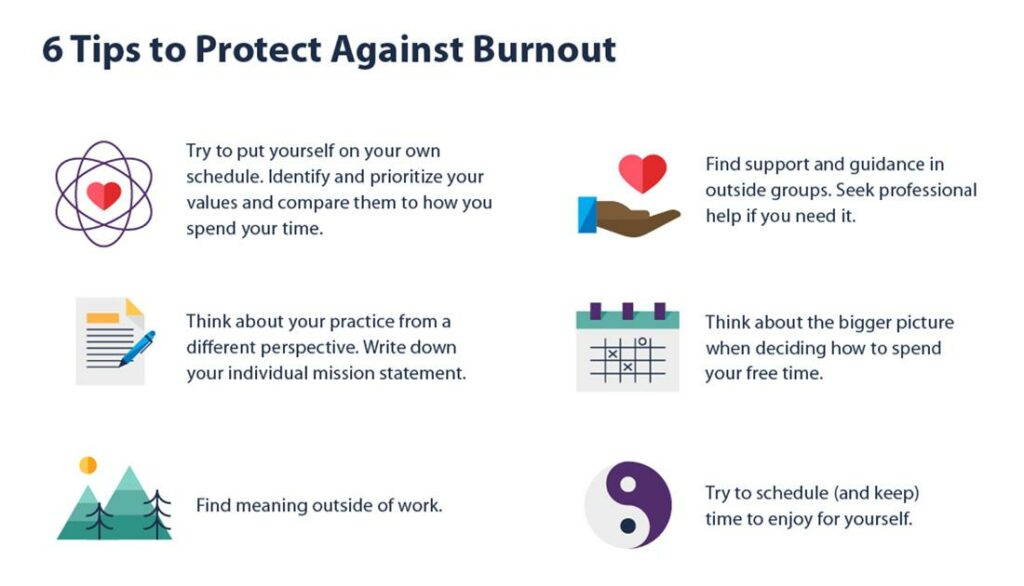In the high-stakes world of military service, the line between dedication to a mission and succumbing to burnout can become increasingly blurred. As deployments for Navy personnel stretch longer and become more demanding, the impact on retention and recruitment within the branch is coming sharply into focus. Balancing a commitment to service with the toll of extended deployments raises critical questions about the future of the Navy. In this article, we explore the delicate dance between burnout and mission, and how it could shape the recruitment and retention landscape for the Navy.
The toll of burnout on naval personnel
Exhausting deployments, long periods away from loved ones, and high-stress environments – these are just some of the challenges that naval personnel face on a daily basis. The toll of burnout on Navy sailors can be immense, impacting their mental health, physical well-being, and overall job satisfaction. With the demanding nature of their duties, it’s no surprise that burnout is a prevalent issue among naval personnel.
The effects of burnout on Navy personnel include:
- Decreased performance and productivity
- Increased risk of mental health issues such as anxiety and depression
- Strained relationships with colleagues and loved ones
- Higher turnover rates and difficulty in retaining experienced sailors
Challenges faced during long and tough deployments
The demanding nature of long and tough deployments can take a toll on Navy personnel, leading to various challenges that may impact retention and recruitment efforts. One major issue is the risk of burnout among sailors who are constantly on mission. The prolonged periods away from home, lack of quality rest, and high-stress environments can contribute to physical, mental, and emotional exhaustion which can hinder job satisfaction and overall well-being.
Moreover, the strain of extended deployments can also affect Navy recruitment as potential candidates may be deterred by the lifestyle sacrifices and demanding nature of the job. The prospect of being away from loved ones for extended periods and facing the uncertainties of deployment lengths can be daunting for individuals considering a career in the Navy. These challenges highlight the importance of addressing welfare and support systems to ensure the well-being of sailors and maintain a strong retention and recruitment strategy for the Navy.
Impact on Navy retention and recruitment strategies
Long and grueling deployments have always been a part of Navy life, but as the demand for global presence increases, so does the strain on sailors. The constant cycle of extended time away from home, challenging environments, and high-pressure situations can lead to burnout among naval personnel. This burnout can have a significant impact on both retention and recruitment strategies within the Navy.
The effects of burnout on Navy retention and recruitment include:
- Decreased morale and job satisfaction
- Higher turnover rates
- Difficulty in attracting new recruits
- Increased strain on mental health and well-being
| Impact | Effect |
|---|---|
| Burnout | Decreased retention rates |
| Mission-driven culture | Attraction of like-minded individuals |
Recommendations for improving Navy personnel well-being
:
One way to address the issue of burnout and improve Navy personnel well-being is by providing more opportunities for rest and relaxation during deployments. This could involve implementing rotation schedules that allow sailors to take breaks from the high-stress environment of deployment. Additionally, offering mental health resources such as counseling services and support groups can help sailors cope with the challenges they face during long deployments.
Another recommendation is to prioritize communication between leadership and enlisted personnel. Open and transparent communication can help sailors feel heard and supported, which can in turn help prevent burnout. Moreover, providing training on stress management and resilience-building techniques can equip sailors with the tools they need to navigate the demanding nature of their roles in the Navy.
In Summary
After exploring the challenges of burnout versus mission in the context of long and tough deployments in the Navy, it is evident that the balance between supporting our sailors and achieving strategic goals is crucial for retention and recruitment efforts. It is important for leadership to acknowledge the mental and emotional toll that extended deployments can have on personnel and to prioritize their well-being. By addressing these issues, the Navy can ensure a healthy and sustainable force for the future. Remember, taking care of our sailors is essential in maintaining the strength and readiness of our naval forces.


